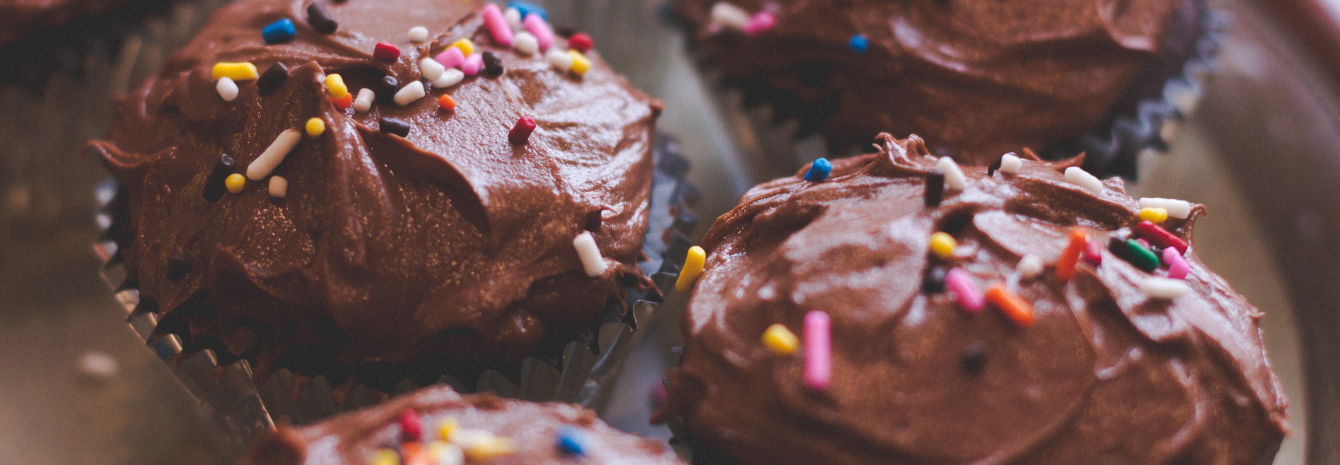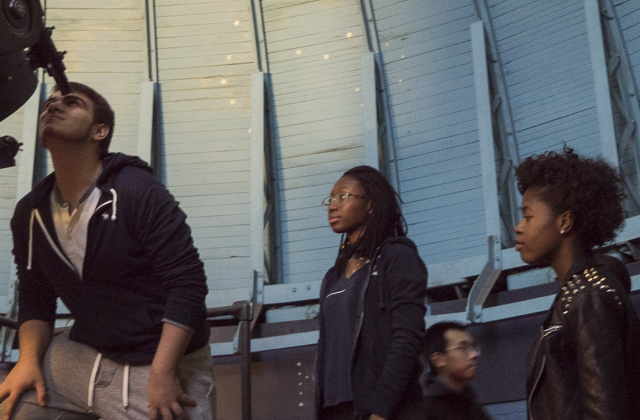How can eating chocolate help you find your car keys?

As if you needed an excuse, adding more chocolate to the tip of your tongue may help you recall memories on the tip of your brain. Columbia University Irving Medical Center (CUIMC) scientists discovered that dietary cocoa-flavanols, naturally occurring bioactives found in cocoa, can reverse age-related memory decline.
Memory decline—misplacing car keys, trouble putting names to faces, and other minor frustrations—begins in early adulthood, and is a part of aging. But CUIMC scientists have linked age-related memory loss to changes in a specific region of the brain (the dentate gyrus in the hippocampus), which can be offset by dietary intervention, particularly with more high-cocoa-flavanol.
Mars, Incorporated (maker of Mars, Milky Way, M&M's, Snickers, and Twix) partly funded the research and prepared a cocoa flavanol test drink for the CUIMC study. Volunteers, ages 50 to 69, were randomized to receive either a high-flavanol diet or a low-flavanol diet for three months. Brain imaging and memory tests were administered to each participant before and after the study.
“When we imaged our research subjects’ brains, we found noticeable improvements in the function of the dentate gyrus in those who consumed the high-cocoa-flavanol drink,” said lead author Adam M. Brickman, associate professor of neuropsychology at the Taub Institute for Research on Alzheimer’s Disease and the Aging Brain. The high-flavanol group also performed significantly better on the memory test. The study was published in Nature Neuroscience. Learn more.



